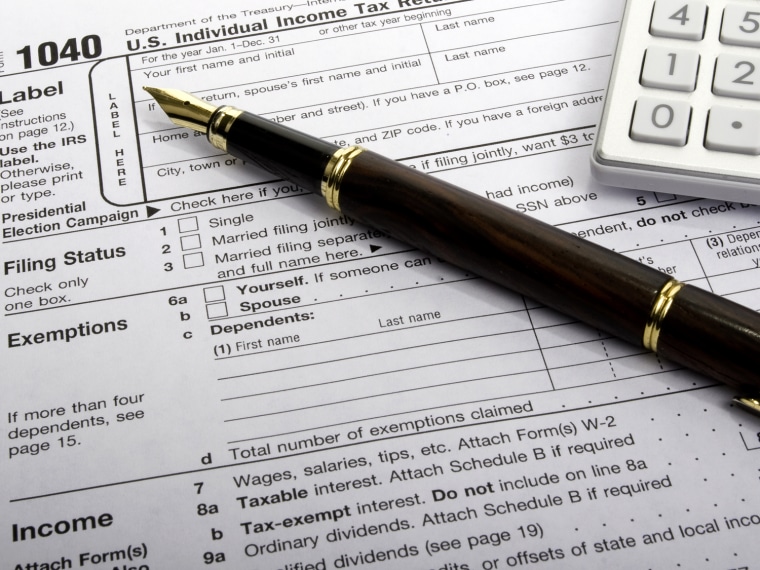Donald Trump's line on tax returns has taken several twists and turns, but in recent months, he and his team have settled on a single talking point: the Republican presidential candidate would release the materials, but an IRS audit makes that impossible.
Is there any evidence Trump is actually being audited? No. Does an audit prevent Trump from disclosing the documents? No. But the candidate and his campaign have nevertheless stuck to the line, even if that means he'll be the first major-party nominee since Watergate to hide his tax returns from public scrutiny.
Occasionally, however, the Republican campaign forgets what it's supposed to say. Trump conceded last week, for example, that he could release his returns "immediately" -- audit or no audit -- but he's choosing not to. Yesterday, Donald Trump Jr., a prominent voice in his father's campaign, also strayed from the script in an interview with the Pittsburgh Tribune-Review.
When asked why his father has not released his tax returns as presidential candidates have traditionally done, Trump Jr. said, "Because he's got a 12,000-page tax return that would create ... financial auditors out of every person in the country asking questions that would detract from (his father's) main message."
Well, yeah, but that (a) isn't a credible excuse for secrecy; and (b) further proves that the "audit" justification is a sham.
Consider what Trump Jr. is arguing here: the campaign could share relevant information, but then people might ask inconvenient questions, so Team Trump prefers secrecy to disclosure. In effect, Trump Jr. tried to say with a straight face, "If we release his tax returns, a bunch of people might ask annoying questions. No thank you."
Indeed, the candidate himself adopted a similar posture this morning about his medical records, admitting that if his recent physical raised health concerns, he would've kept the information under wraps.
In other words, in Trump Land, the calculus on disclosure is simple: the Republican campaign will only share that which helps Trump's candidacy, while hiding potential embarrassments, no matter how relevant.
Postscript: Reid Hoffman, the billionaire co-founder of LinkedIn, this week pledged "to give up to $5 million to veterans groups if Donald J. Trump agrees to release his tax returns before the Oct. 19 presidential debate."
That's a very Trump-esque gambit, which the GOP candidate will almost certainly ignore.
